Situation Report
On March 18, 2025, U.S. President Donald Trump and Russian President Vladimir Putin engaged in a lengthy phone call aimed at resolving the ongoing conflict in Ukraine.
The primary focus was on securing a ceasefire to end the three-year war, which has resulted in significant human suffering and economic devastation.
Falling Short of a Full Ceasefire
As a result of the call, Putin agreed to a partial ceasefire, specifically refraining from targeting Ukraine's energy infrastructure for 30 days.
However, this agreement falls short of the broader unconditional ceasefire proposed by the U.S. and accepted by Ukraine earlier in the month.
The White House announced that discussions on a more comprehensive peace plan would commence immediately, including negotiations on a maritime ceasefire in the Black Sea. These talks are intended to pave the way for a lasting resolution to the conflict.
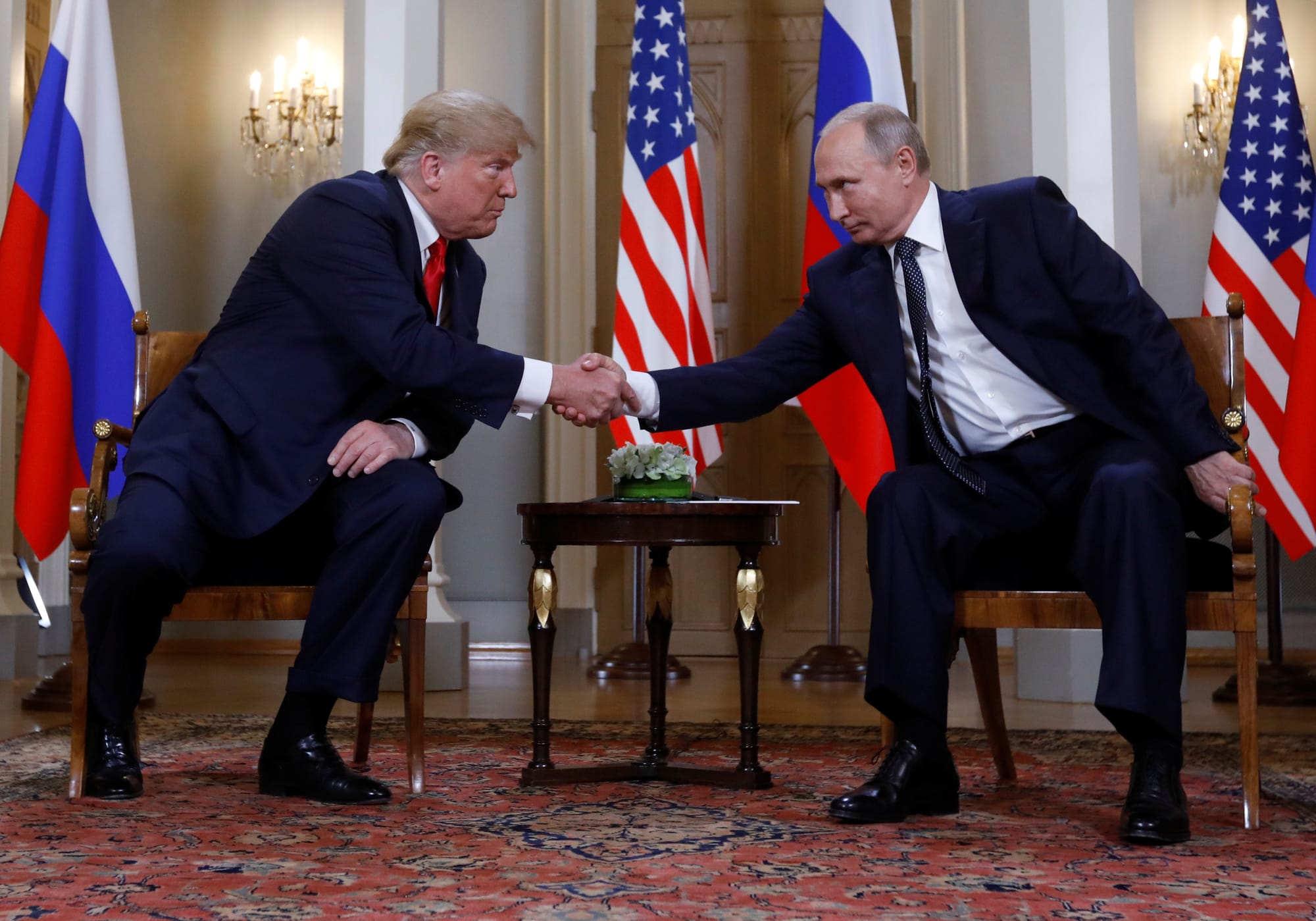
Prisoner Exchange Ahead
During the call, Putin informed Trump that a significant prisoner exchange would take place on March 19 between Ukraine and Russia, with each side releasing 175 prisoners.
Additionally, Russia will transfer 23 seriously wounded Ukrainian soldiers back to Ukraine as a gesture of goodwill.
Is Russia Really Compromising?
Despite these developments, significant challenges remain. Putin has emphasized that any resolution must include the cessation of all foreign military aid to Ukraine and the prevention of Ukraine's NATO membership.
According to CNN, in reality, Russia appears to have offered few, if any, compromises on its key war aims. Moscow has emphasised its “readiness” for a long-term peace settlement and the “absolute need to eliminate the root causes of the crisis", which the Kremlin has identified as the threat of NATO expansion to Russia’s borders, as well as Ukraine’s emergence as an independent pro-Western state.
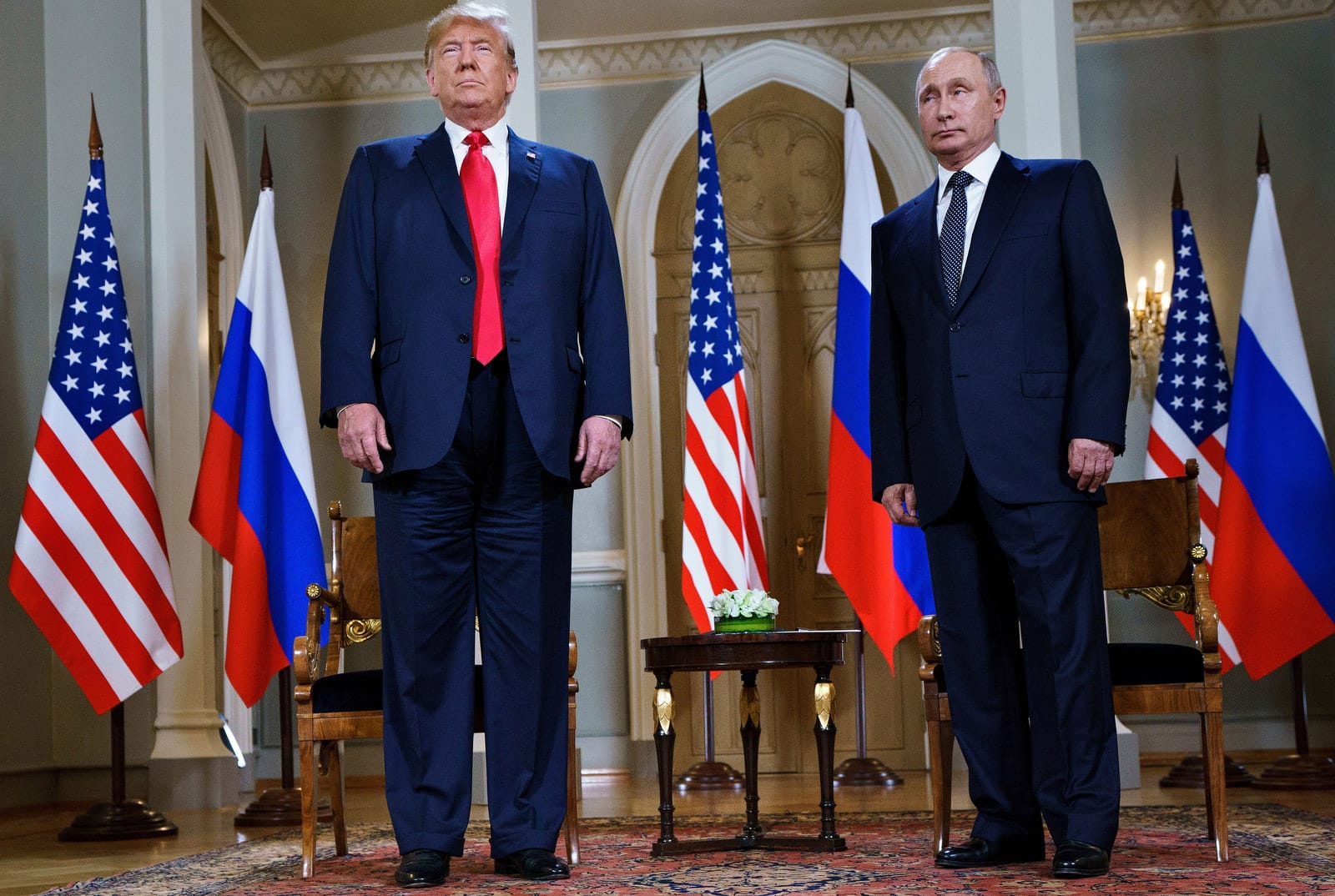
Ukrainian Reactions
These conditions have raised concerns among Ukrainian officials, who fear that such concessions could undermine their sovereignty and security.
Ukrainian President Volodymyr Zelensky expressed scepticism about Russia's intentions, noting that Putin's actions have prolonged the war. Zelensky acknowledged that a partial ceasefire could be positive but emphasized the need for a comprehensive agreement that addresses all aspects of the conflict.
The situation remains tense, with Russia launching a drone assault on Kyiv shortly after the call, underscoring the ongoing scepticism about Russia's commitment to peace.
Works Cited
- After call with Trump, Putin agrees to pause attacks on Ukraine’s energy and infrastructure targets. (2025). In CNN Politics.
- Kremlin demands halt to foreign military aid, intelligence to Ukraine as condition for avoiding war escalation. (2025). In The Kyiv Independent.
- Putin agrees in Trump call to pause Ukraine energy attacks but no full ceasefire. (2025). In www.bbc.com.
- Reuters. (2025). Trump-Putin live updates: Russia agrees to pause hitting energy targets, more talks planned. In Reuters. Reuters.
- Sanger, D. E., & Sonne, P. (2025). Putin Agrees to Avoid Ukraine Energy Targets in Potential Limited Cease-fire. In The New York Times.
- AFP. (2025). Takeaways from Trump-Putin Call - The Moscow Times. In The Moscow Times. The Moscow Times.
- Zelensky confirms prisoner exchange, says he has not yet spoken with Trump after Putin call. (2025). In The Kyiv Independent.
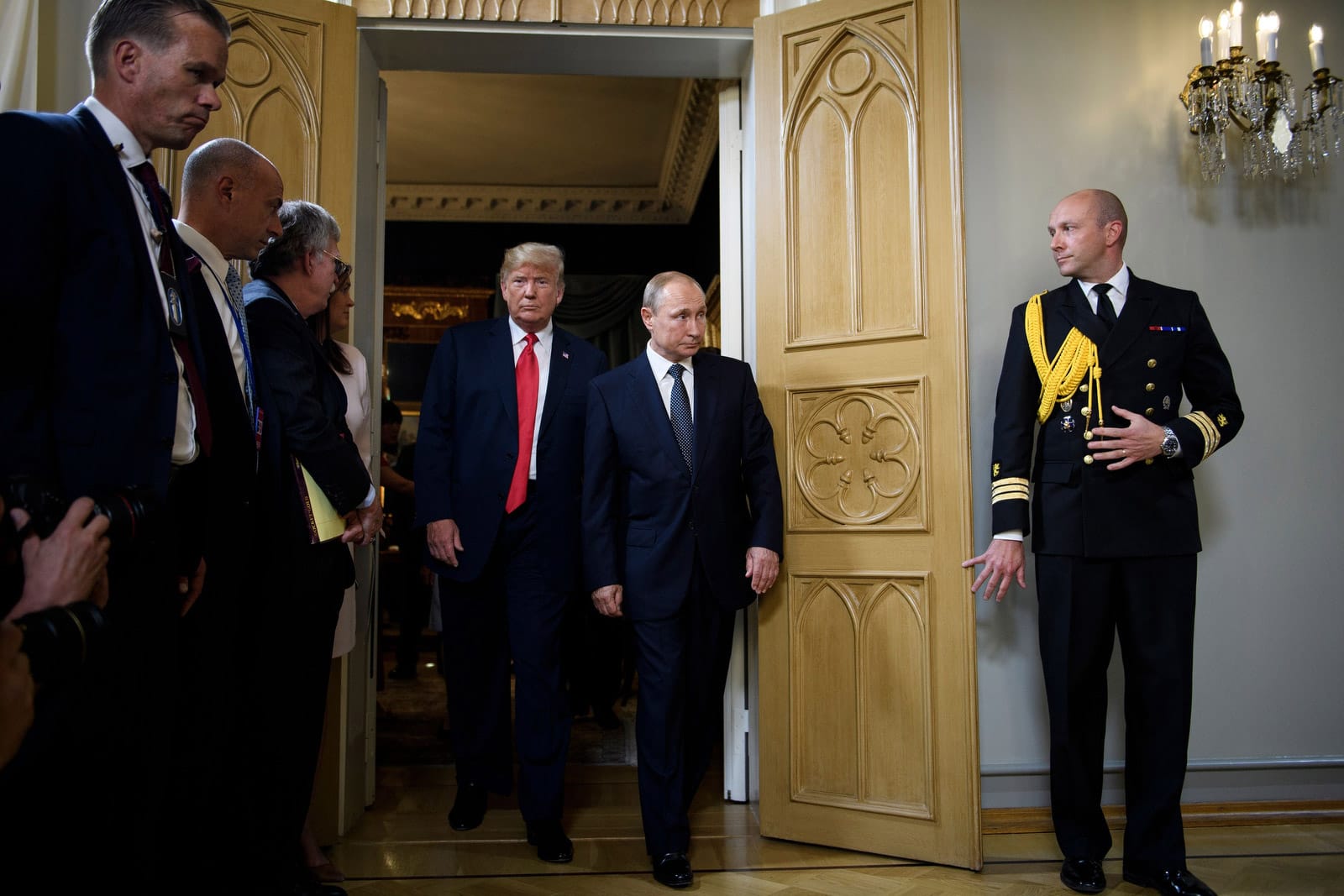


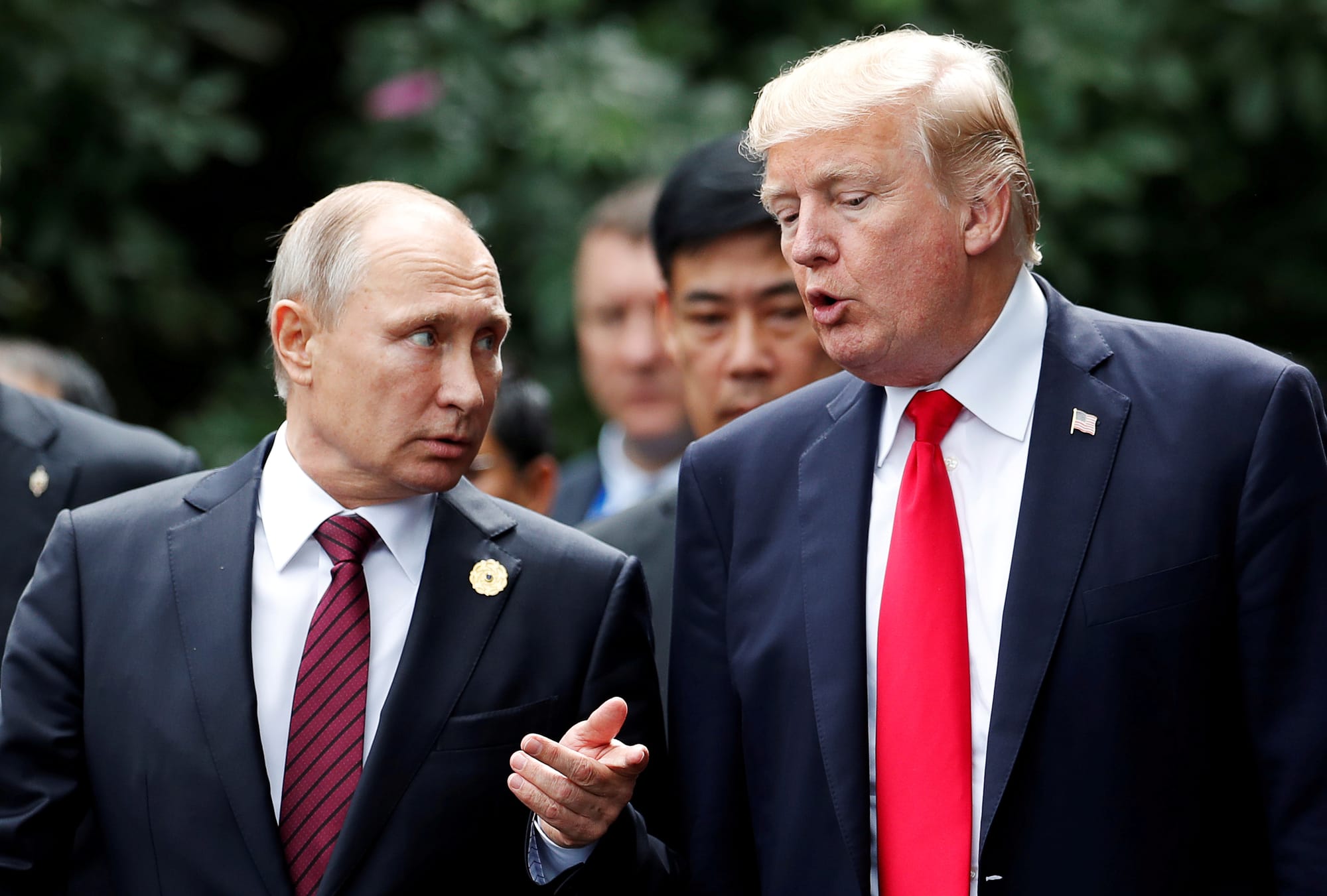

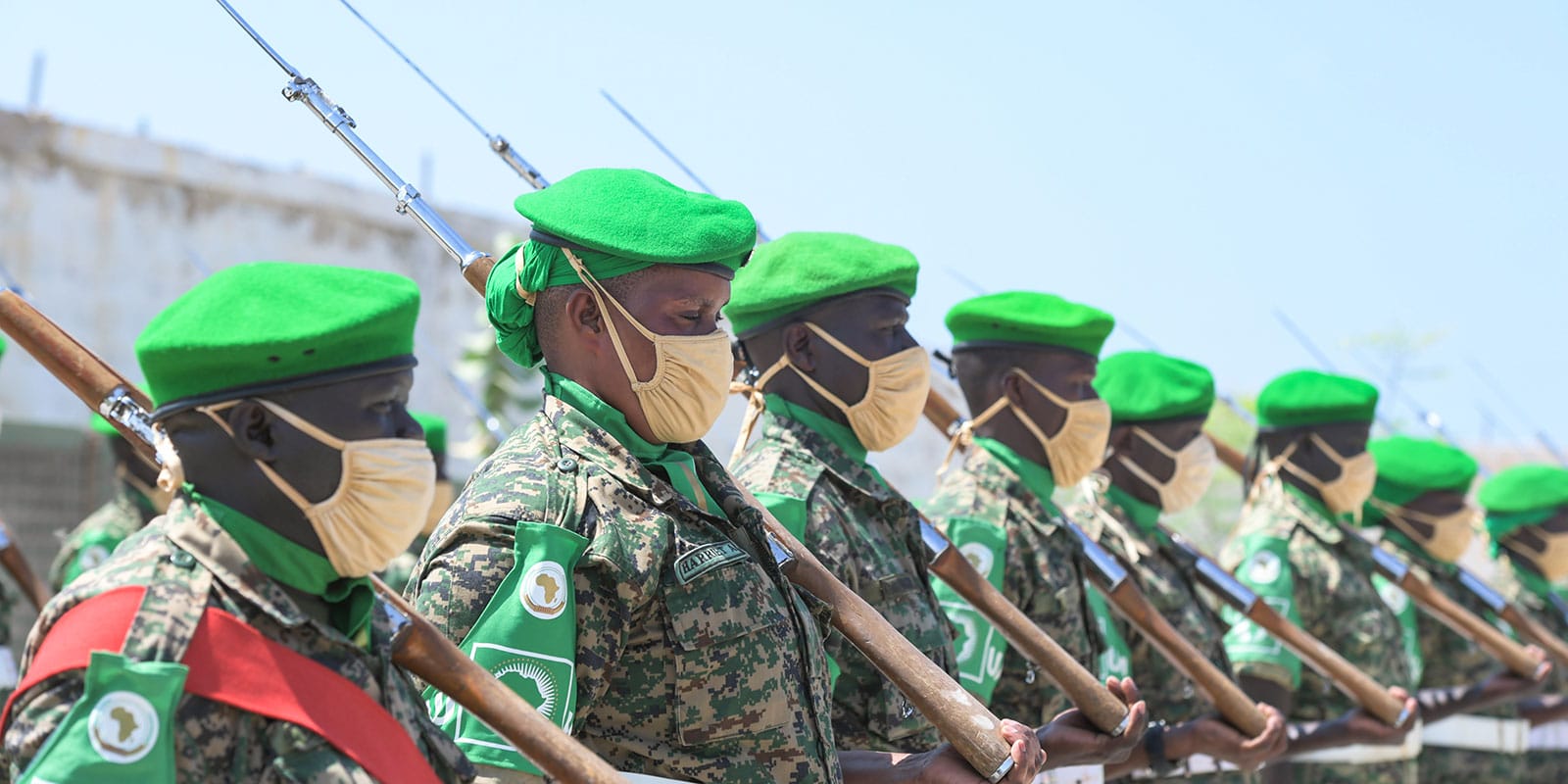

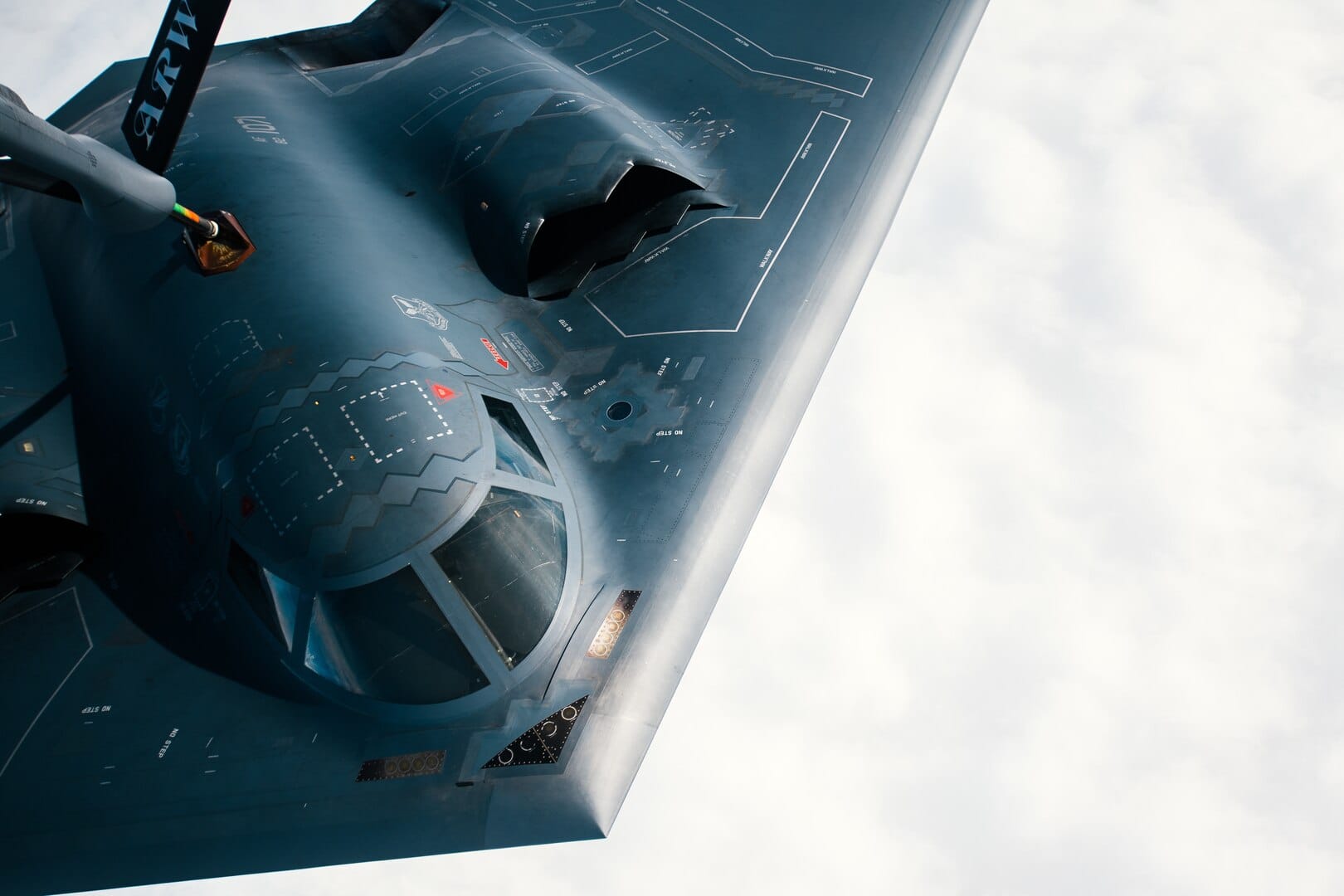
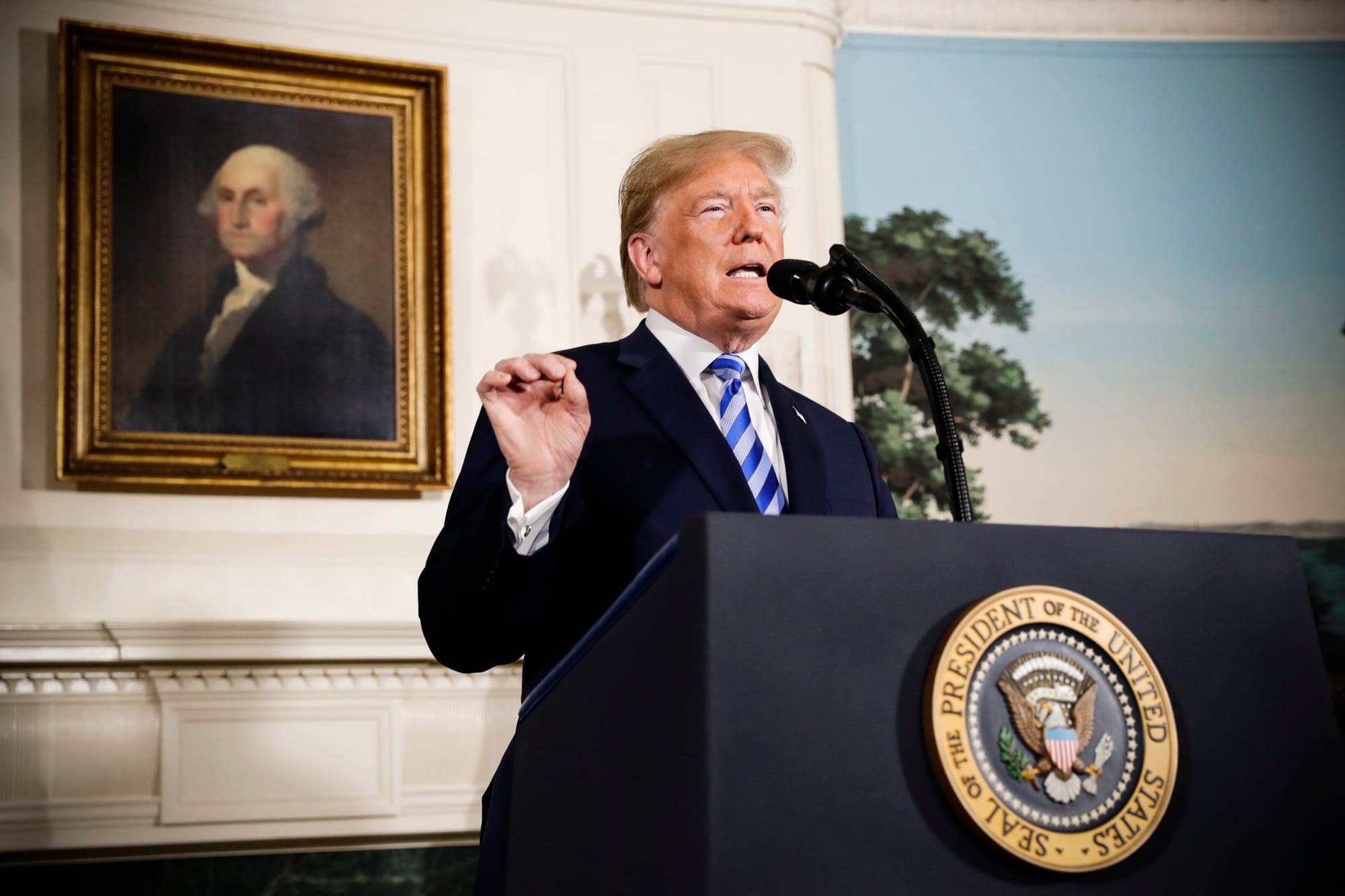
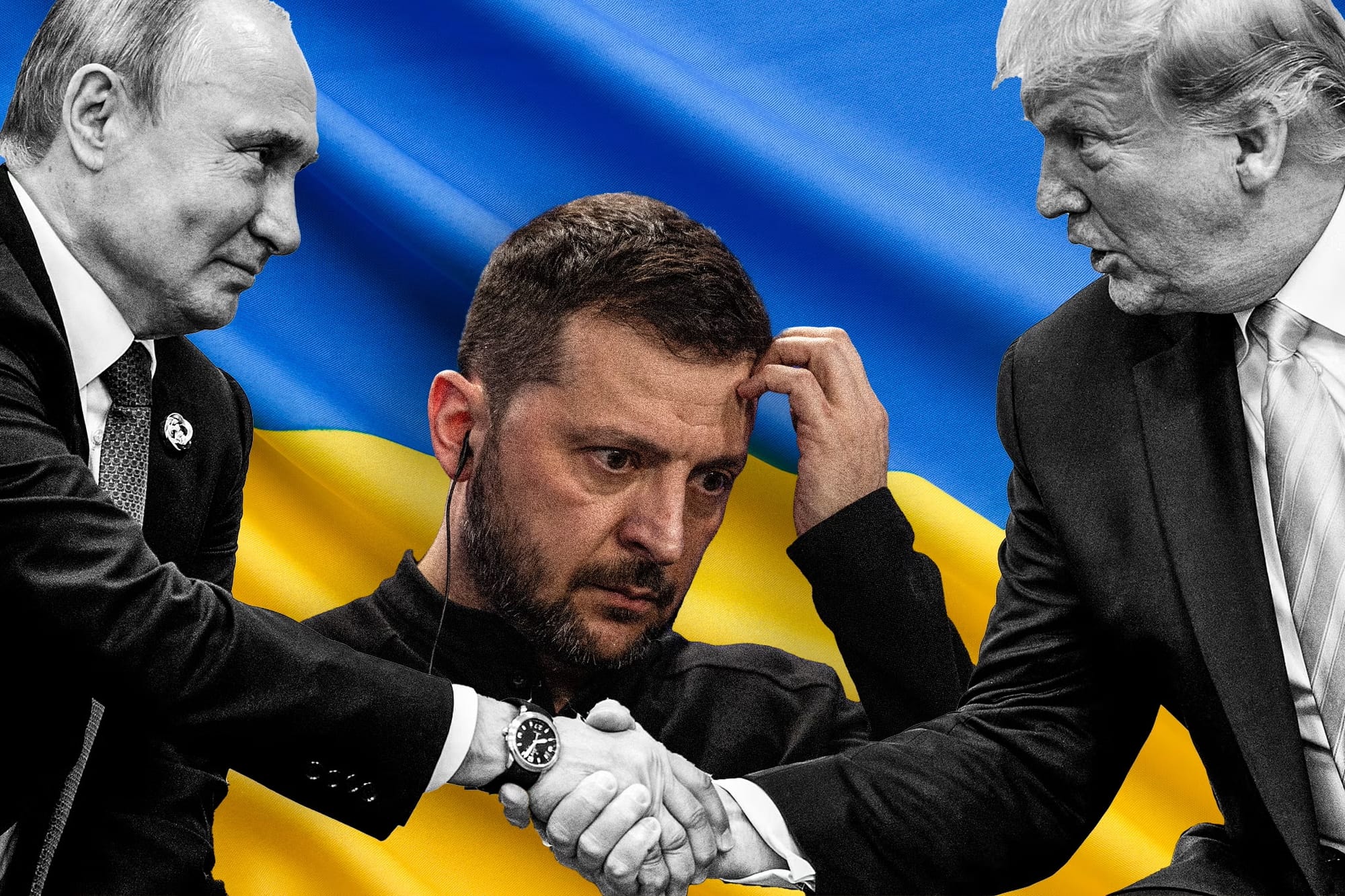

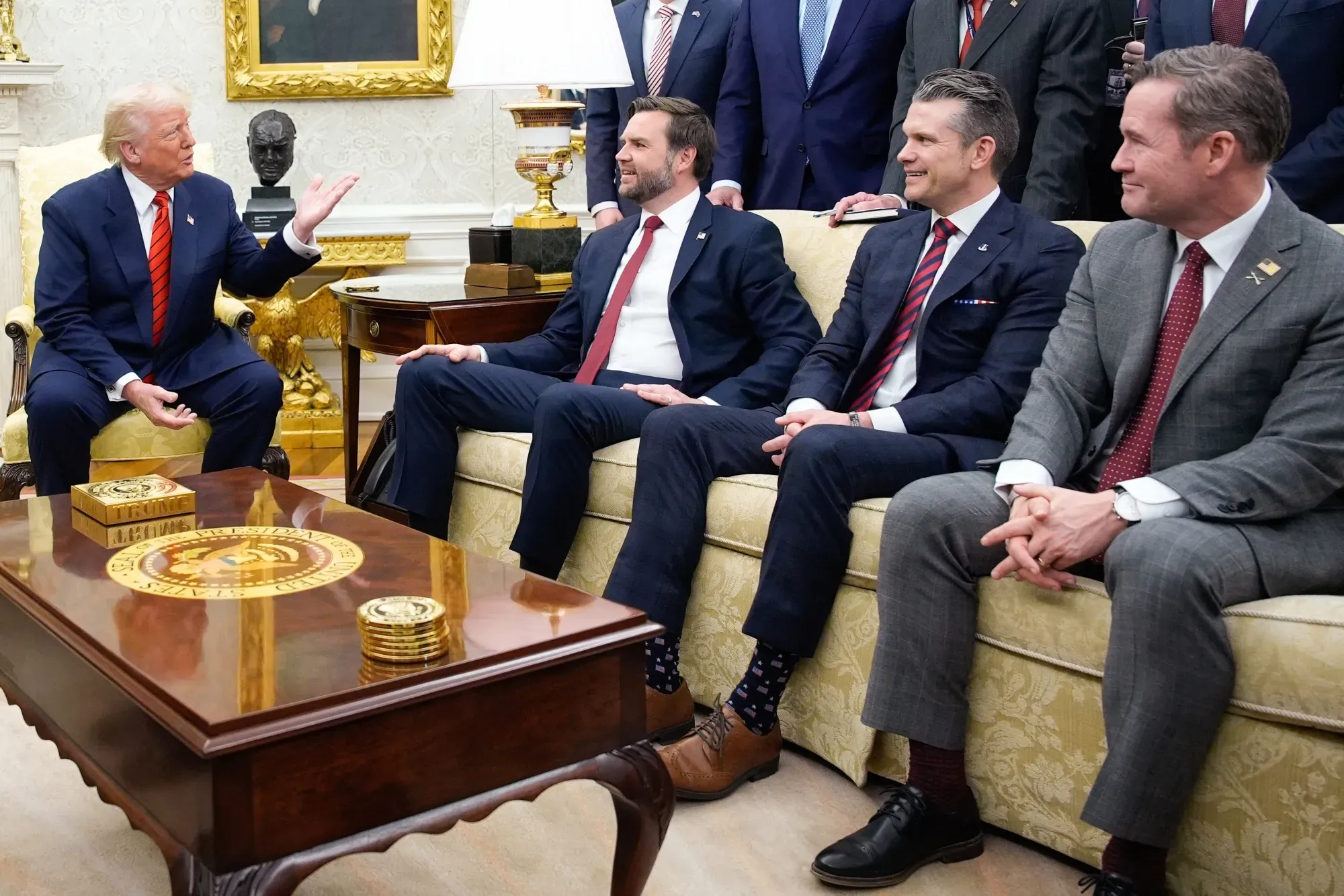
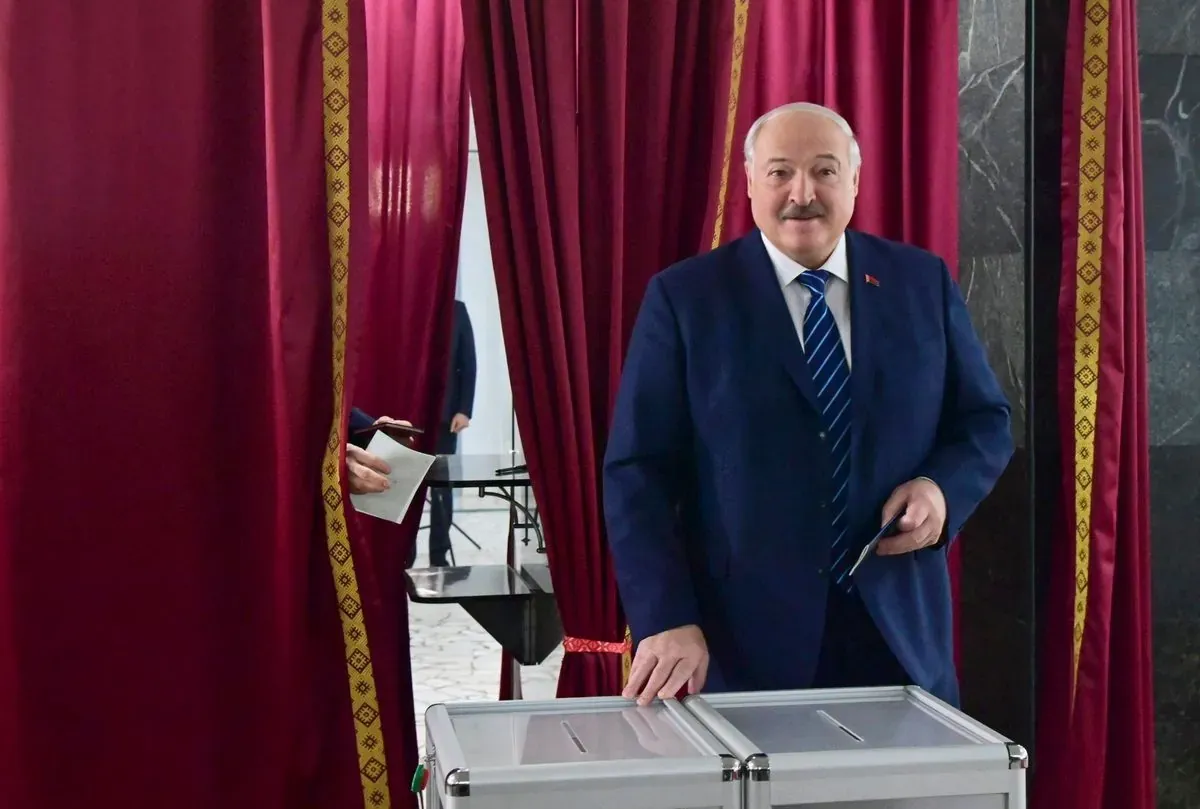
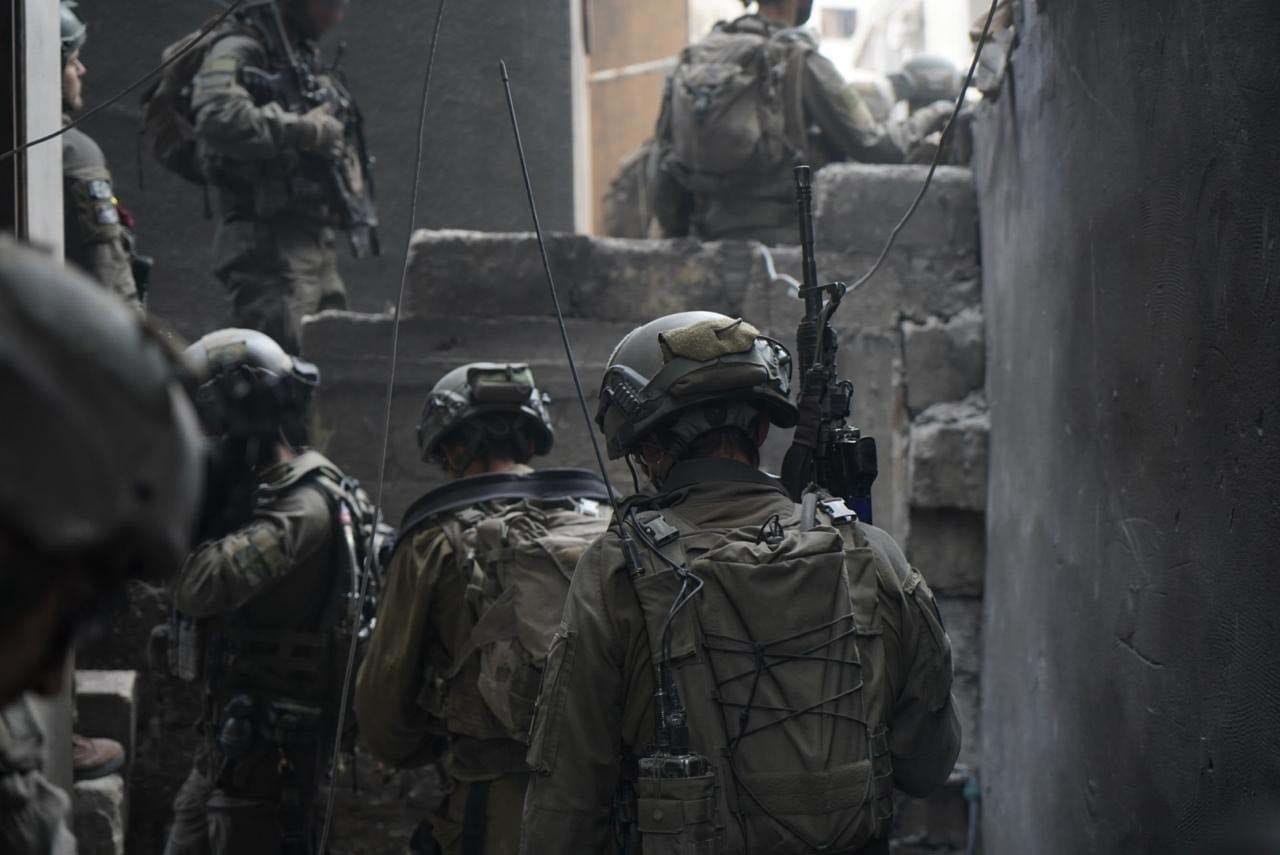
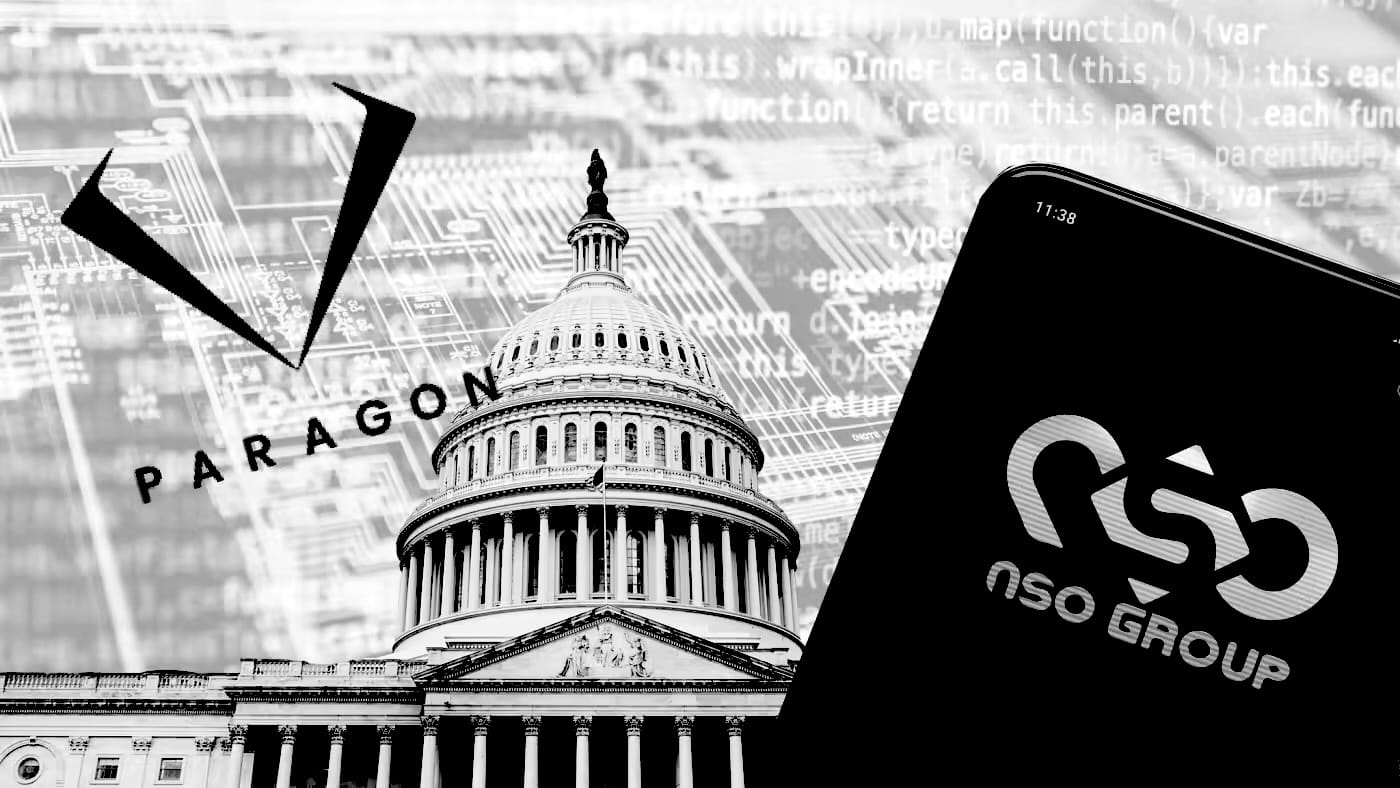
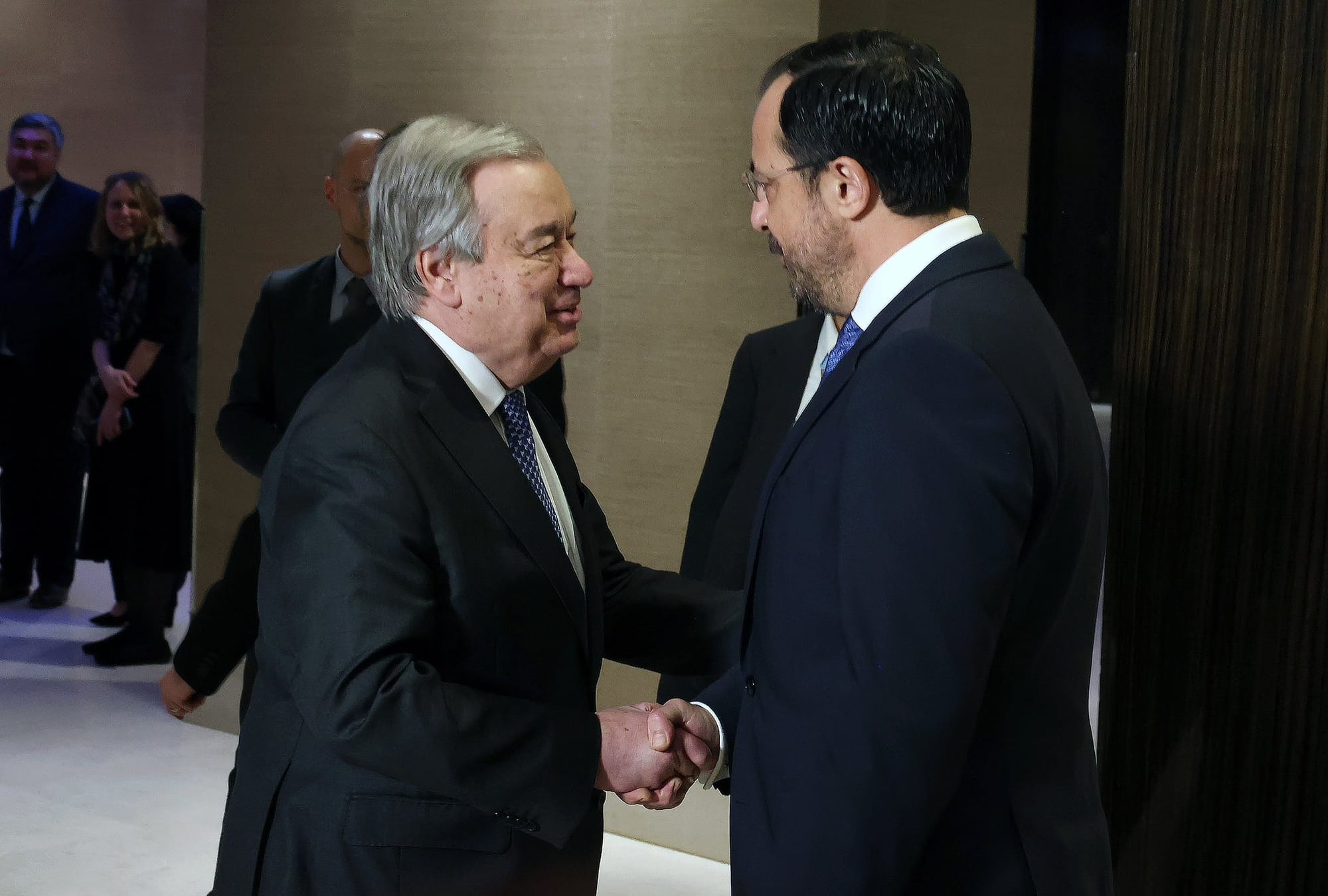
Discussion